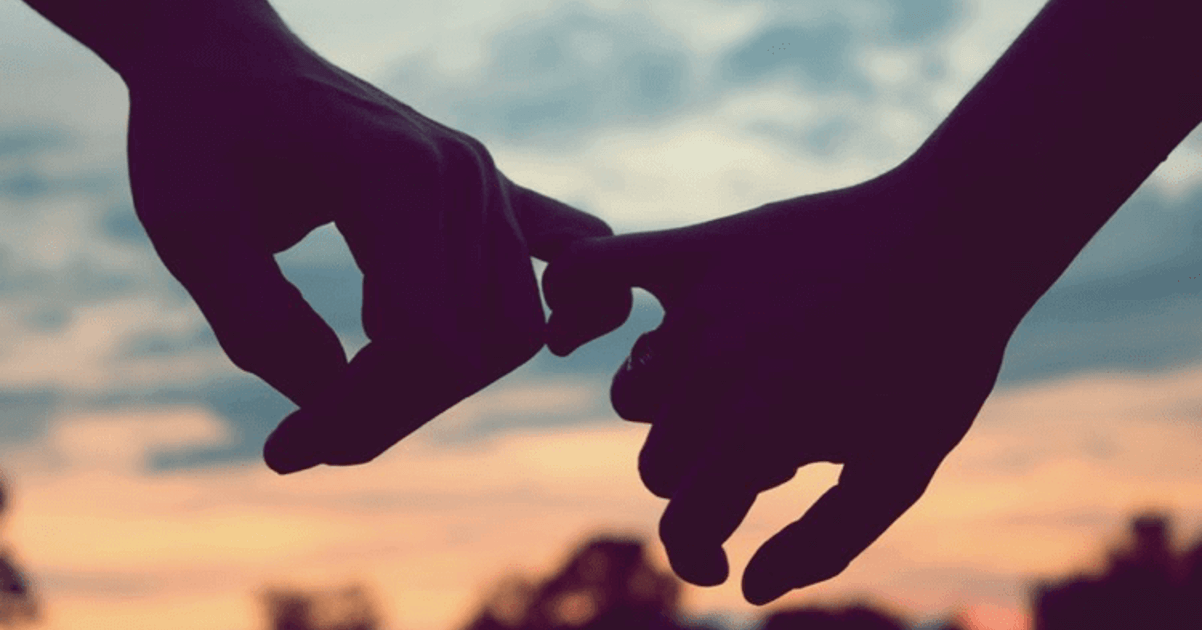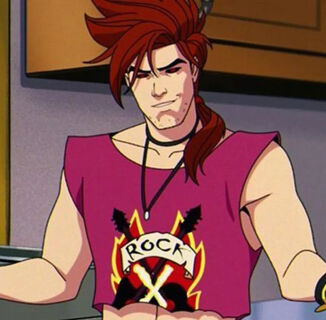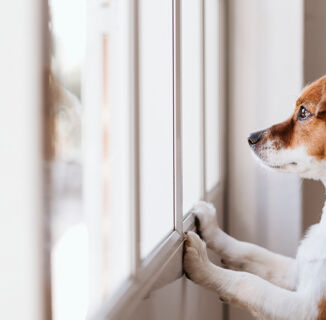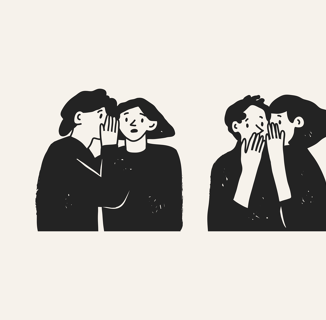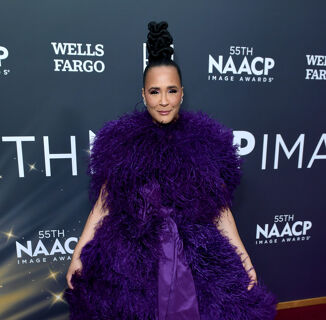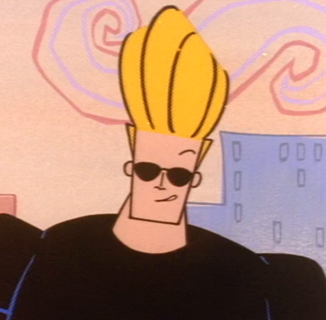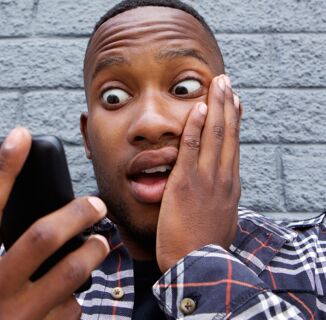As fall comes to an end, and winter approaches, the hours of daylight shrink, and the weather grow progressively colder. These changes can make it hard for people to stay motivated to do the things you need to do daily; many people often find it more challenging to even motivate myself to leave the house.
Not ironically, this is the time of the year where ‘cuffing season’ begins; the barren nature of winter may make may people find themselves wanting to date, or even enter a serious relationship.
But, psychologically, as winter unfolds, many people may find the change in weather exacerbates their depression, especially as Seasonal Affective Disorder (SAD) sets in for those who suffer.
Of course, you don’t need to live in a cold weather climate, and it doesn’t need to be winter, for depression to have a heavy impact on your romantic life. Depression can happen at any time of the year; depression can happen in any climate. Depression can always impact your ability to maintain your relationships, both platonic and romantic, especially when you’re not acknowledging it in a mental health setting.
One of the defining characteristics of depression is a person losing interest in the activities that they would normally find enjoyable. Of course this can mean anything, from exercising to attending parties. For adults, sex lives and romantic relationships are certainly two areas that can be heavily affected, if not completely disrupted, during depressive spells.
As someone who has chronic depression I have been there; I have felt the slow sensation of depression overtaking my mental health, and I have felt the sinking feeling of loneliness and isolation. I have been in that place where though all you want is to feel less alone, though the thought of pushing yourself to go out to meet someone new, or even to continue a relationship, can feel quite daunting, if not entirely impossible.
Depression can make you feel too lethargic to get out of bed, let alone to carry on a conversation with a new person; depression can make you feel hopeless, as though things will not ever get better.
With all of these psychological sensations occurring, I have found that when you’re depressed, it tends to be challenging to feel attractive, especially for a sustained period of time.
So how are you supposed to date when you’re in a depression? Is it even advisable to do so? Should you just focus on yourself until you no longer feel depressed?
I spoke with LGBTQ affirming therapists about how to best navigate dating when you’re also trying to work through depression.
“I know this can be a bit of a cliché, but we need to love ourselves before we can love other people,” said Joseph Zagame, the founder and director of myTherapyNYC, a mental health group practice who specializes in LGBTQ affirming therapy.
“I like to help clients identify what they are hoping to get out of dating before they throw themselves right in, especially when they are dealing with something like depression,” he said.
If Zagame is working with a patient who is dealing with depression, he lets them know that they should never feel pressured to date if they believe it would be important for them to take time to work on themselves, individually.
“Dating should be fun and exciting, and it should not feel like a scary undertaking,” Zagame said. “If patients need to take time to get to the point where they feel that way, then I encourage them to take that time.”
Dr. Marty Cooper, a psychologist who specializes in working with the LGBTQ community, said that he has only ever had one patient who he encouraged to delay dating until they sorted out issues they were presently confronting.
“Often clients feel like they need to resolve their stuff before they date, and I don’t know that’s always accurate,” Cooper said. “Sometimes we can work on things like depression, while actively dating. I think those two things can often be done simultaneously.”
While patients with depression date, Cooper encourages them to remember the ways in which depression can almost become a bit of an emotional veil.
“Depression can distort patients’ view of how they see the world, the future, and themselves,” he said. “When thinking about dating, you can see how those three things can seriously get in the way very quickly.”
Cooper said he has noticed certain behavioral trends patients with depression might experience when dating.
He spoke of patients who have more trouble keeping perspective on getting rejected.
“To the person with a more depressive position, they might take personally, and it might reinforce an idea of being not good enough,” he said. “Heavy negative thoughts can come up, where somebody who’s not depressed may understand rejection is just part of the dating game.”
Cooper also said another issue is depressed patients creating unrealistic scenarios that are unachievable as a defense mechanism.
“Negative ideas about the future or the world allow them to not move forward with date,” he said. “Or if they do, they already have negative idea of how it would go, and then that becomes self-fulfilled.”
Cooper said that as a psychologist, he challenges his patients to question and dissect what they’re thinking and feeling in terms of dating and relationships, to ensure depression isn’t negatively impacting their romantic life. His goal is for them to figure out if they’re thoughts of going through the filter of depression, or if what they’re feeling is real, even if they weren’t feeling depressed.
“I am in the luxurious position of being able to challenge someone, where they might not be able to challenge themselves,” Cooper said. “That’s why it’s important to work with a therapist when you’re depressed.”
Help make sure LGBTQ+ stories are being told...
We can't rely on mainstream media to tell our stories. That's why we don't lock our articles behind a paywall. Will you support our mission with a contribution today?
Cancel anytime · Proudly LGBTQ+ owned and operated
Read More in Culture
The Latest on INTO
Subscribe to get a twice-weekly dose of queer news, updates, and insights from the INTO team.
in Your Inbox

